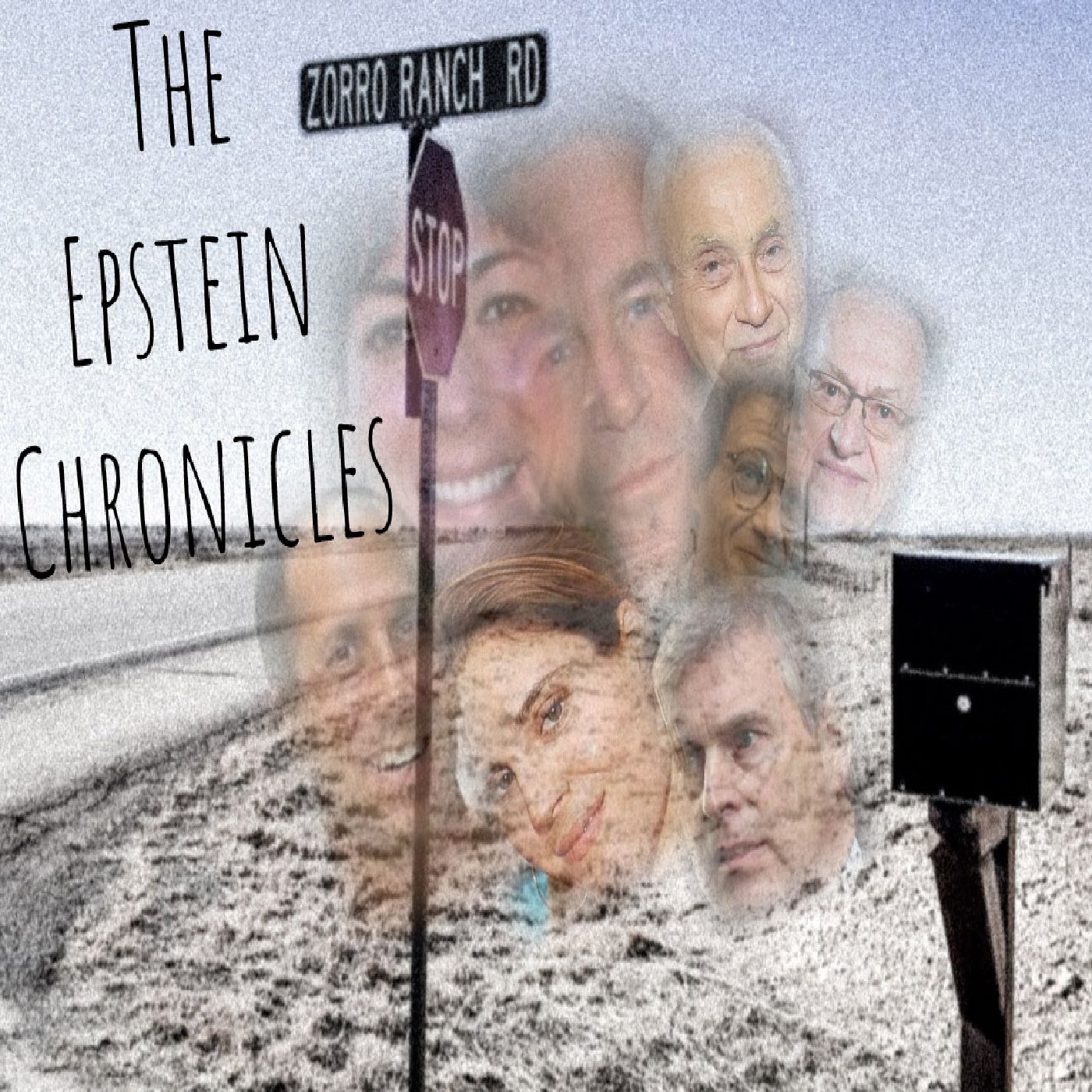A Look Back: The Iron Grip Of Addiction That Is Squeezing The Life Out Of America

The addiction crisis in America refers to the widespread and ongoing issue of substance abuse, particularly related to drugs and alcohol, that has had significant social, economic, and public health implications. The crisis has evolved over decades and encompasses several key aspects:
- Opioid Epidemic: One of the most prominent facets of the crisis is the opioid epidemic. It began in the late 1990s with the over-prescription of opioid painkillers such as OxyContin. This led to a surge in opioid misuse, dependence, and overdose deaths. Many individuals transitioned from prescription opioids to illicit opioids like heroin and later to synthetic opioids like fentanyl, which is extremely potent and contributes to a high number of overdose fatalities.
- Rise in Overdose Deaths: The addiction crisis has resulted in a staggering number of overdose deaths, primarily driven by opioids. Overdoses have become a leading cause of accidental death in the United States. The crisis has affected individuals across all age groups and socioeconomic backgrounds.
- Impact on Families and Communities: Addiction has strained families and communities, leading to broken relationships, loss of productivity, increased crime rates, and strain on social services. Children often suffer as a result of parental addiction, leading to increased rates of foster care placements and long-term psychological impacts.
- Mental Health Connection: Substance abuse often coexists with mental health disorders, creating a complex cycle of self-medication and exacerbating both conditions. Depression, anxiety, and trauma frequently contribute to the development and persistence of addiction.
- Stigma and Barriers to Treatment: Despite efforts to destigmatize addiction, negative perceptions persist, hindering individuals from seeking help. Limited access to effective treatment, including mental health services and medication-assisted treatment for opioid addiction, has also been a significant challenge.
- Response and Interventions: In response to the crisis, various measures have been taken, including expanded access to naloxone (a medication that can reverse opioid overdoses), improved prescription drug monitoring programs, and increased availability of addiction treatment and harm reduction services. Public health campaigns and educational initiatives have aimed to raise awareness about the risks of substance abuse.
- Legal and Policy Changes: Lawmakers and health agencies have introduced policy changes to address the crisis. These include regulations on opioid prescribing practices, funding for addiction treatment programs, and efforts to curb the influx of illegal opioids.
- Long-Term Recovery: The addiction crisis is a complex issue that requires a multi-faceted approach, involving healthcare providers, policymakers, law enforcement, communities, and individuals themselves. Long-term recovery involves not only reducing the supply of harmful substances but also providing comprehensive support for those struggling with addiction.
(commercial at 9:13)
to contact me:
bobbycapucci@protonmail.com
source:
America's addiction crisis laid bare: TWO-THIRDS of adults have a family member hooked on drugs or alcohol and one in 10 have lost someone to an overdose | Daily Mail Online
This show is part of the Spreaker Prime Network, if you are interested in advertising on this podcast, contact us at https://www.spreaker.com/show/5003294/advertisement